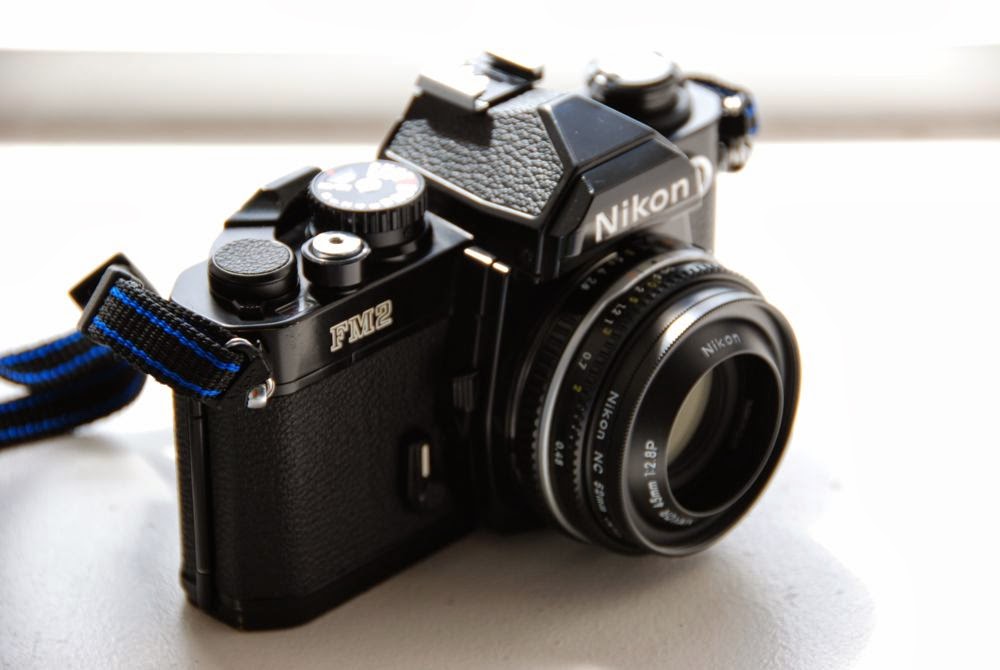I saw some Japanese users of Twitter discussing how to raise the awareness of danger related alcohol consumption while taking acetaminophen, as the caution in the package often go neglected. I wondered whether I had seen such cautions here, so I pulled out a package of Paracetamol tablets I bought at a Pak'n Save supermarket. There was no such caution.
However, the risk that Japanese people would take the least is alienating themselves from fellows. I think that is the reason why the Japanese, despite being so risk-aversive as individuals, sometimes take reckless behaviours as a group or a nation, even potentially damaging their own reputation or security.
I think it should be supported as individual rights to have own judgements on risks and act accordingly, but I wonder if it should be extended to preference for groupthink over individuality. Although the people currently living in Japan have the final say, I am concerned that fearing the risk among their internal relationships might cause much bigger risks internationally.













